Start date: November 23, 2023
End date: March 12, 2024
Venue: Pondicherry University
On Siddhi Divas, November 24, 2023 we announced that under our ongoing partnership with Pondicherry University (the official MoU was signed in August 2023) we had launched a new post-graduate course on ‘Social Philosophy of Sri Aurobindo’.
Much hard work by Dr. Beloo Mehra went into designing the course and submitting it for official approval by the Board of Studies and other academic bodies at the university. Dr. Richa Tiwari, Chair of Sri Aurobindo at Pondicherry University was instrumental in coordinating all the official approvals for the course.
The orientation session of the course happened on November 23, 2023. About 50 students initially registered for the paper which is an elective open for students from all departments and programmes at the university. Finally, 38 students remained enrolled in the course for the entire duration, all of whom except one were from Sociology department.
Dr. Beloo Mehra taught the course at the university, taking 3 classes per week for three months. During this period, she prepared her lecture-discussion sessions, provided helpful learning notes to the students, engaged in online discussions also as and when required. She also designed, conducted and graded mid-term assessments and final assessment as per the existing university norms. One small group project was also part of the course.
The final examination for the course was held on March 5, 2024, and Dr. Mehra submitted her grades to the course coordinator, Dr. Richa Tiwari on March 12, 2024.
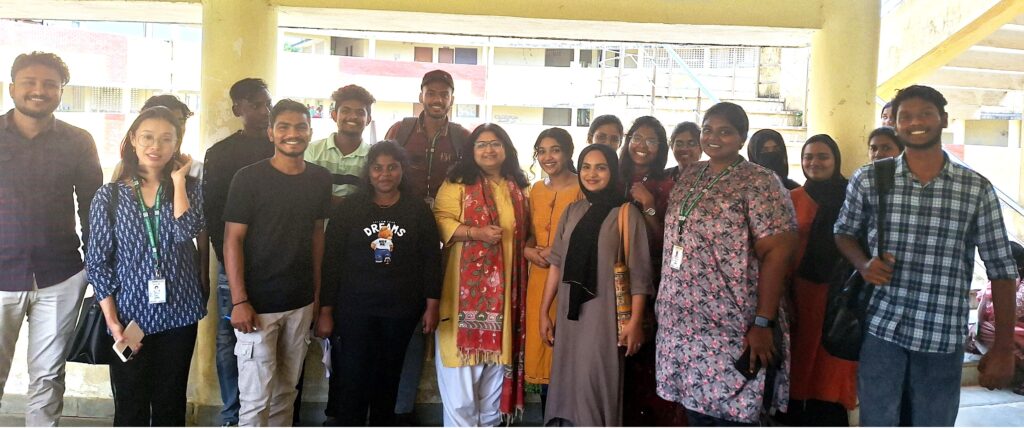
Focus of the course:
This course was designed to acquaint students with the fundamentals of Sri Aurobindo’s theory of social development and its continuing significance and relevance. Sociological thinkers across the world seem to agree that the present crisis concerning individuals, communities, states, and nations can be adequately addressed only with an evolution of consciousness in the humanity.
Beginning with an exploration of a deeper view of the relation between individual and society, the course examined the inner evolutionary processes behind the external progress of the societies, the various stages they go through as they evolve from a loosely-formed organic collectivity to a more organised and complex collectivity. Finally, the necessity and significance of the deeper subjective and psychological bases of further evolution in the individual and societies were also considered.
Some snapshots
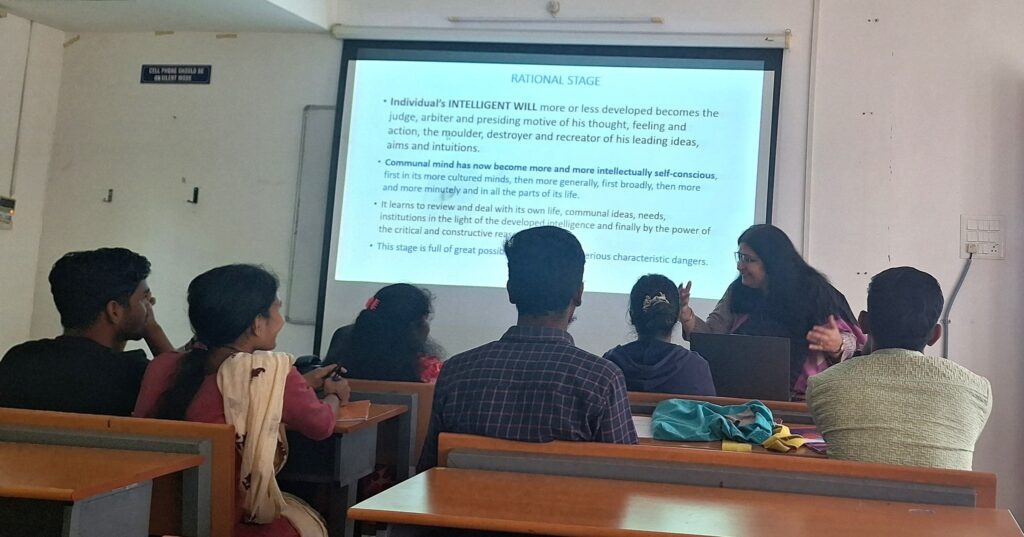
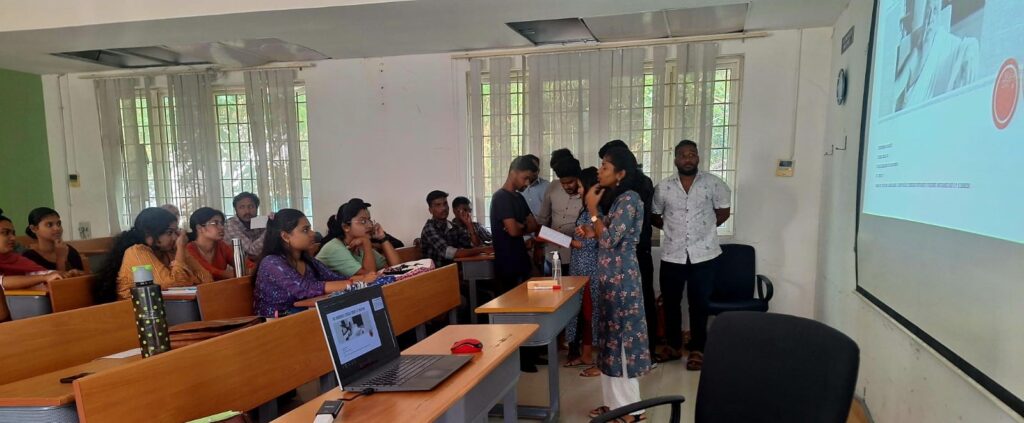
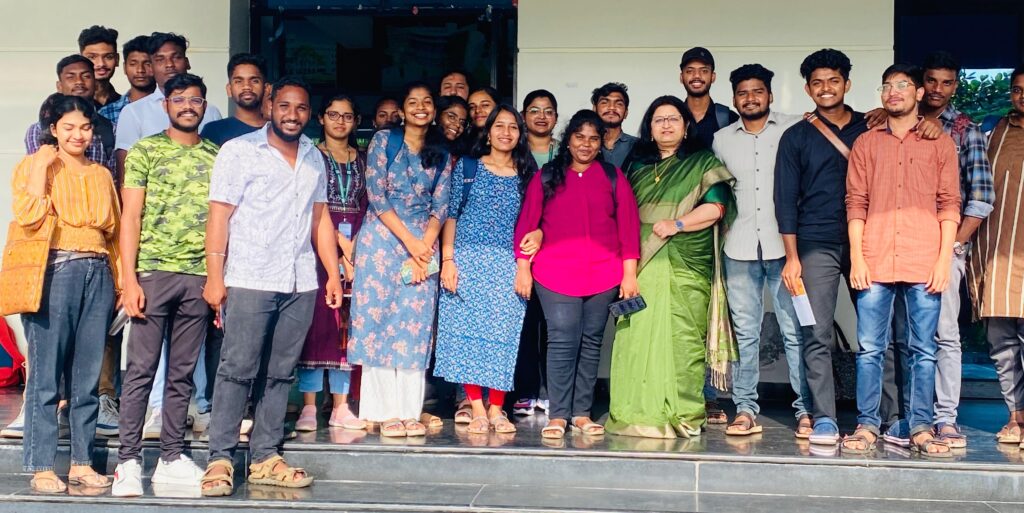
During the duration of the course, a special lecture by Prof. Sachidananda Mohanty was also organised, in which he highlighted the complex nature of the crisis in contemporary culture focusing his attention on one specific aspect – place of collective memories and how cultures and societies deal with it. He brought in a multi-disciplinary approach to explore what could be possible responses to those memories and histories which are extremely painful and divisive in collective life of societies and nations. Read full report HERE.
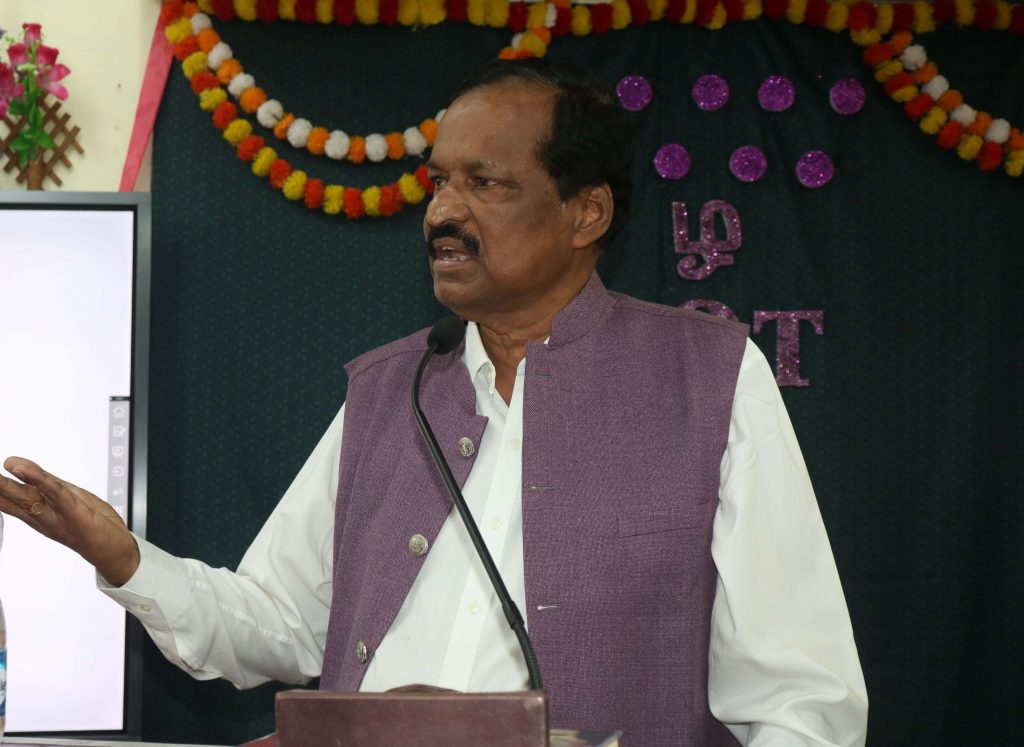
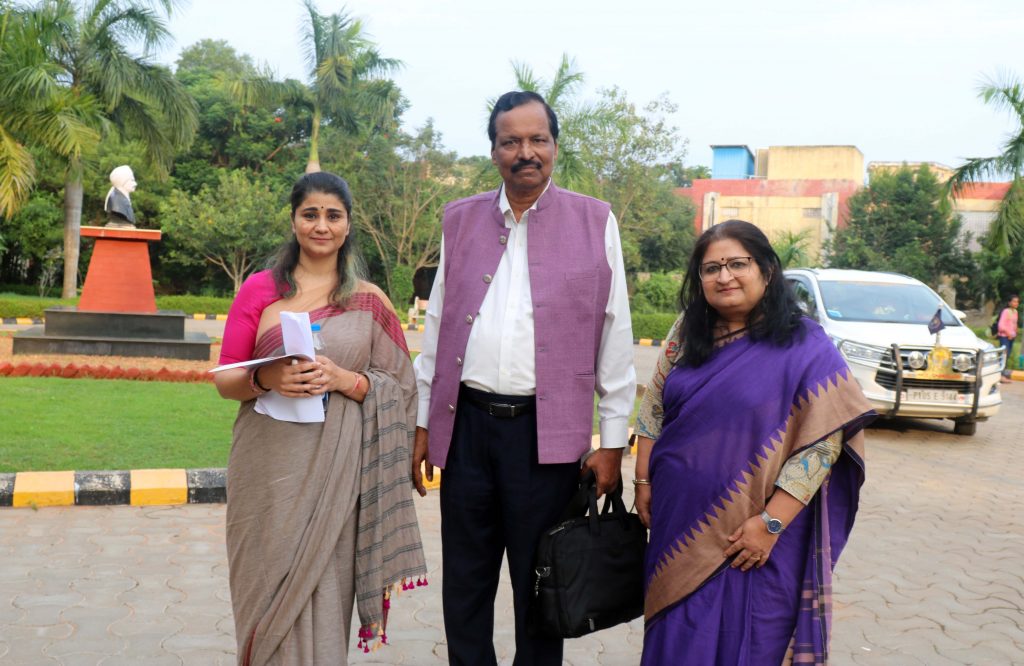
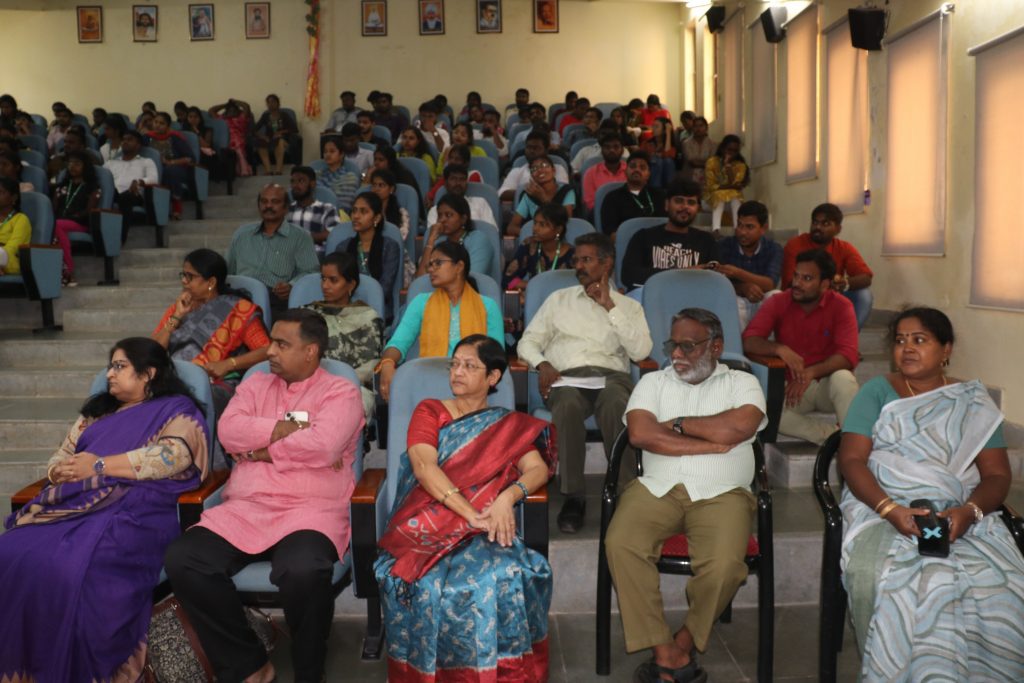
The following topics were especially highlighted in the discussions during the course duration, with appropriate and relevant examples to facilitate easier understanding and assimilation of the concepts. Passages from Sri Aurobindo’s original writings were carefully selected, but explained in a simple manner so that students could follow the deeper argument.
- Relation between individual development and societal progress
- Necessity of individualistic stage of societal evolution
- Significance of transition from individualism to deeper, true subjectivism
- Application of Sri Aurobindo’s theory of societal evolution in our lives – individual and collective
- Sri Aurobindo, the nationalist and revolutionary
- Relation between Reason and Faith
- Decolonizing our mental frameworks to understand the true nature of Indian societal organisational structures
- Caste vs. varna
- Individual rights and democratic ideal
- Freedom, Equality and Unity – the three soul-values necessary for true democracy
